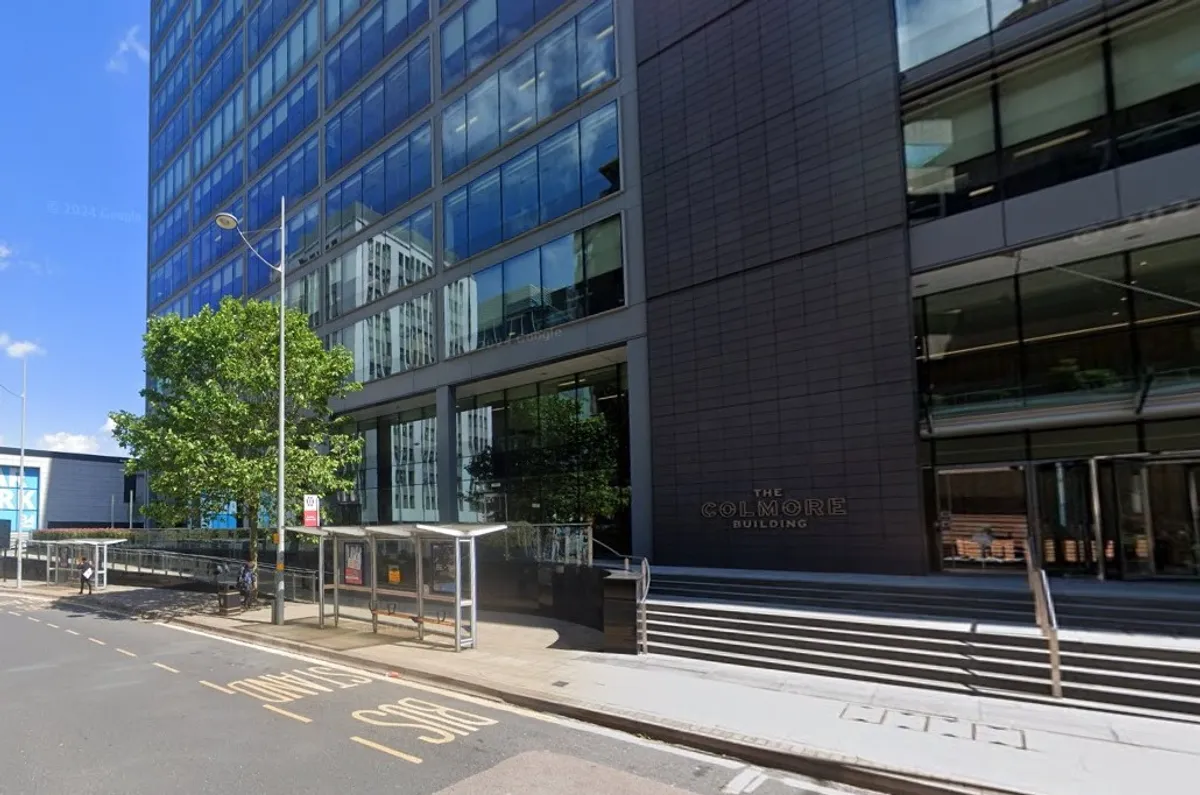
The ticket sales platform closed at $22.15 a share, down from its IPO price of $23.50 a share, which was announced by the company on Tuesday.
That first-day stumble is in contrast to recent listings from design software firm Figma, crypto exchange Bullish, stablecoin issuer Circle Internet Group, and others that saw their shares jump by double digits when they debuted.
StubHub, which was founded 25 years ago and had been planning an IPO for years, had already priced its shares at the midpoint of their targeted range, whereas many of the companies that went public this year priced their shares above their targeted range.
First-day gains or losses are not necessarily predictive of how a stock will perform over the long term (Figma stock is now down more than 54% from its August highs), but the positive headlines and investor interest they generate can influence the IPO market more broadly.
Some companies that had postponed their IPOs in the wake of tariff-related economic uncertainty earlier this year went ahead with their plans as markets stabilized and investors cashed in on high-profile listings.
Klarna Group, for example, went public earlier this month after reportedly getting gun shy as President Trump announced his so-called Liberation Day tariff regime in April. The flexible payments company saw its shares rise 15% on their first trading day, closing at $45.80 after being priced at $40.
Christopher Zara is the news director for Fast Company, where he oversees daily coverage of everything from Big Tech to small startups, company culture, innovation, design, retail, travel, finance, and any topic in the Fast Company universe. He has years of experience as an editor and a reporter who writes about business, technology, media, culture, theater, and sometimes the intersecting worlds of all five More



